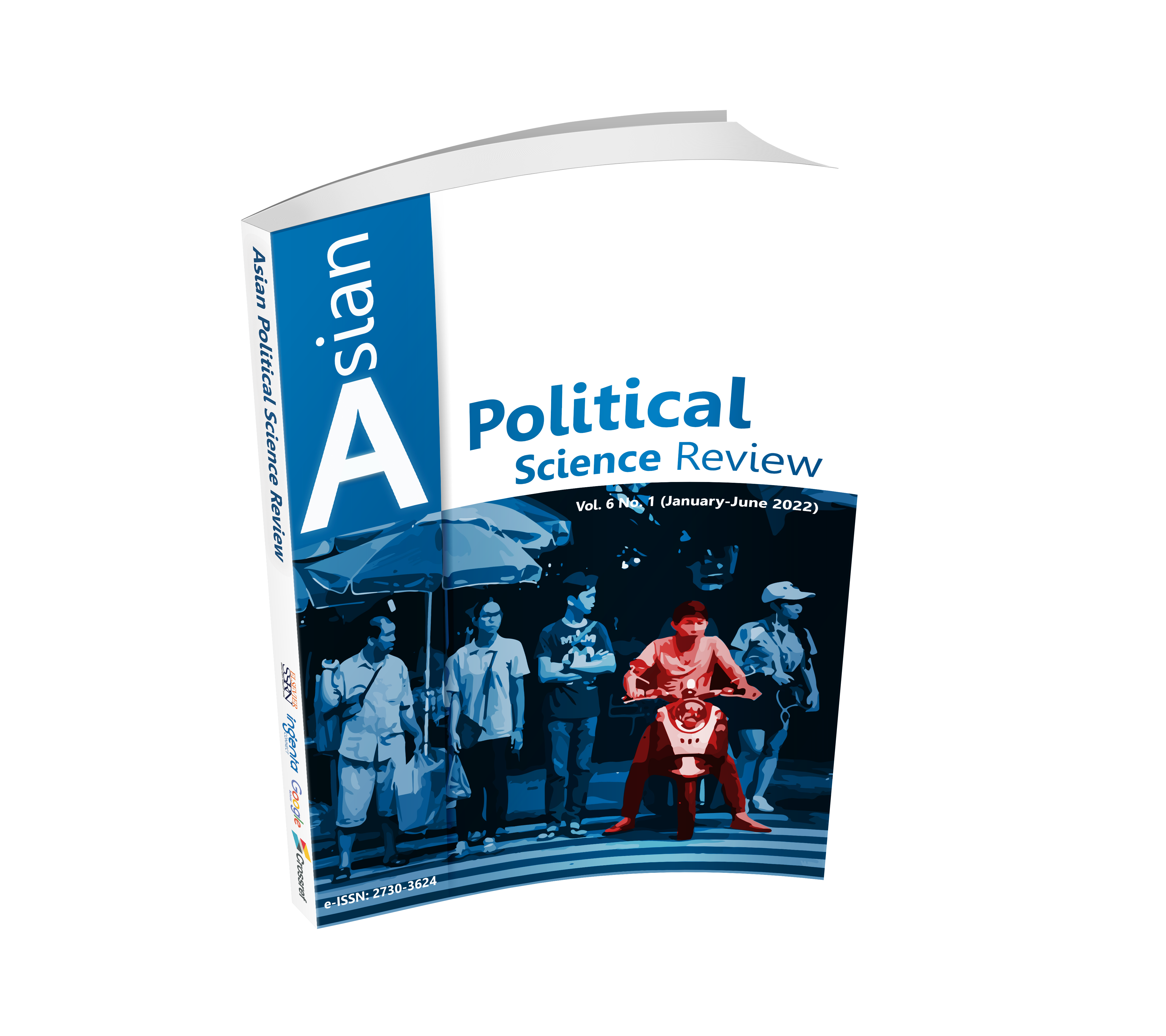Gender Equality in the Placement of Structural Positions: Evidence in Bone Regency, South Sulawesi, Indonesia
Keywords:
Gender Equality, Structural Position, GovernmentAbstract
Bureaucracy as a model of government in Indonesia is certainly influenced by various elements, such as demands for bureaucratic reform as a step for positive change to realize the implementation of good public services for the community. In this context, it cannot be separated from the public's attention which still pays attention to "gender" in its implementation. As is known, gender issues are also closely related to various studies, including the bureaucratic space. Internal position a government organization at the center and in the regions has the aim of providing services to the community and carrying out government activity programs that have been prepared for the welfare of the community. In the realm of public life, especially political-strategic positions, the conditions are not much different. The peak of attention to women's participation in politics can be seen from the trial of the demand for a 30% quota for female candidates for legislative seats. The demand then got its formality with Article 65 of Law No. 12 of 2003 concerning Elections. Many women are not ready and supportive when other women come forward to compete in politics. So, it can be concluded that women and politics in the perspective of gender equality must be balanced and balanced without forgetting the essence and nature of gender equality is a very complicated and controversial concept. Structural positions are positions that indicate the duties, responsibilities, authorities, and privileges of a civil servant to lead a state organizational unit. Regional Regulation No.3 of 2010 concerning Structural Positions mentions the requirements for placing Echelon II structures through a fit and proper test. With those who have the rules, women and men have equal opportunities. But women still occupy fewer department heads.
Downloads

Downloads
Published
How to Cite
Issue
Section
License
Copyright (c) 2022 Asian Political Science Review

This work is licensed under a Creative Commons Attribution-NonCommercial-NoDerivatives 4.0 International License.











.png)


